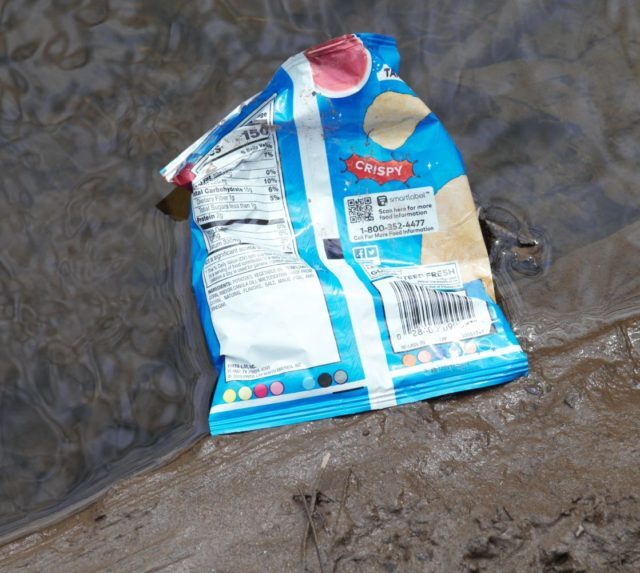A few months ago when I thought about how I might celebrate the 50th anniversary of Earth Day, it did not occur to me that I, and many others, would be forbidden to report to work. This has created the opportunity for more learning and doing. In honor of Earth Day, Real Hartford will have one week of treehugging, dirt worshipping posts.

While Al Gore was praising environmental progress in 1995, he was inadvertently peeling back the curtain on what was going to slap us in the face about twenty years later. At the time, he said that “in the past 25 years, we’ve cut our air pollution by a third,” but, Gore wrote, “we drive twice as many cars twice as many miles as we did then.”
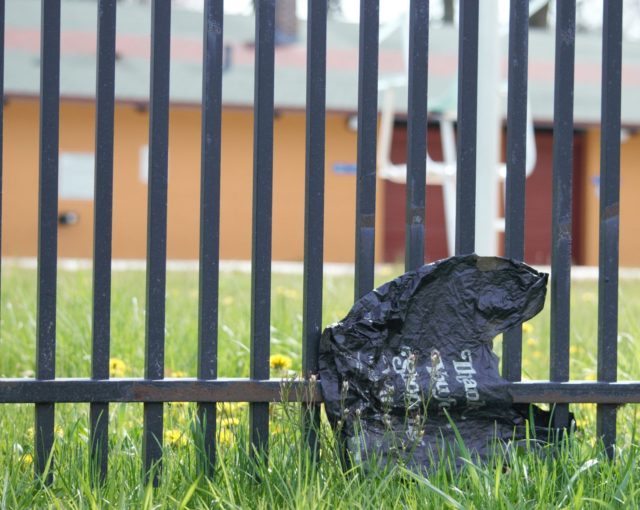
Nobody should be shocked, then, that in 2015 the EPA shared that “vehicle use has increased by almost 200 percent” since 1970 and “energy consumption has increased by 50 percent.”
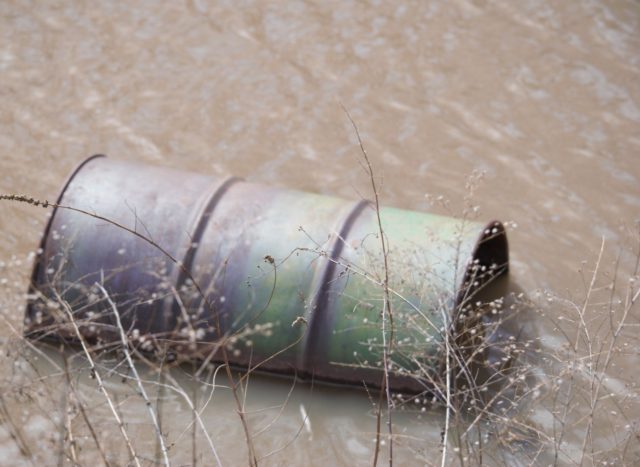
It’s not enough to blame individuals for caring less and less.
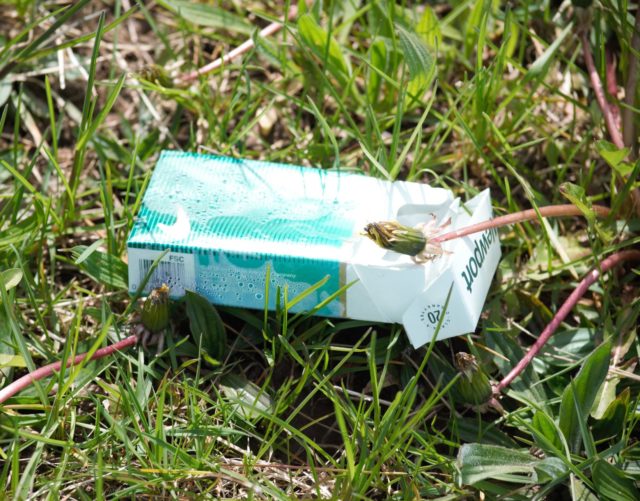
Under the Nixon administration, we saw a flurry of pro-environmental regulations develop and expand. About a decade after the first Earth Day, the pushback began, with some administrations being more egregious than others.

We need not look beyond our current situation (though we will). Just last week, the administration-of-shame decided it would pass on strengthening regulations on industrial pollution, even though both common sense and science tell us that poor air quality has very real impacts on human health. A study found that “Coronavirus patients in areas that had high levels of air pollution before the pandemic are more likely to die from the infection than patients in cleaner parts of the country.” The study called the results “statistically significant.”
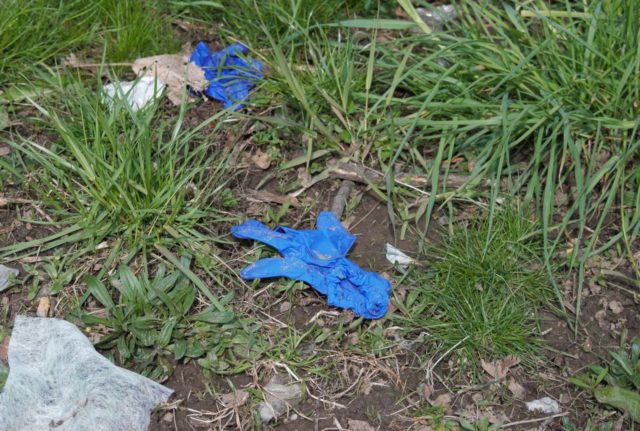
Last month, the EPA lowered fuel efficiency and emission standards, with its press release on the issue sounding like a page out of 1984.

Also in March, citing the pandemic, the EPA announced it would stop enforcing regulations as it saw fit; allegedly, this change is temporary.

The administration-of-shame does not have a monopoly on dumb decision-making. In Connecticut, Lamont decided to “temporarily” stop enforcement of the plastic bag ban. This was not an evidence-based decision, but one he adopted because retail and restaurants supposedly felt uncomfortable handling customers’ reusable bags. I guess nobody told our governor that the cashier/bagger would be handling every object that the customer placed in their cart, which in theory, should make them equally uncomfortable. Had Lamont placed an expiration date on the temporary measure and not provided such a nonsense reason for allowing plastic bags back in stores during the pandemic, this move would not have lacked all integrity. Even language like “the plastic bag tax/ban will resume when the public mask order is lifted” would show good faith.
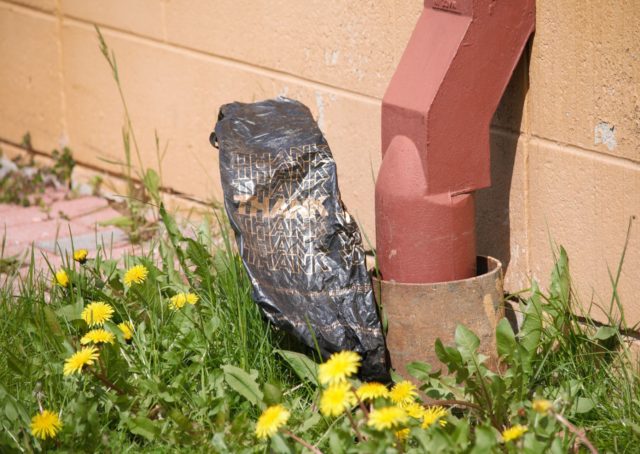
It may seem like no big deal, but plastic bags have begun fluttering around in the gutter once again, after they had all but disappeared weeks after people were charged to use them. It may not be our most pressing problem, but it is visible and immediate, and as we all know, people deal more directly with issues that are not seemingly invisible or distant.
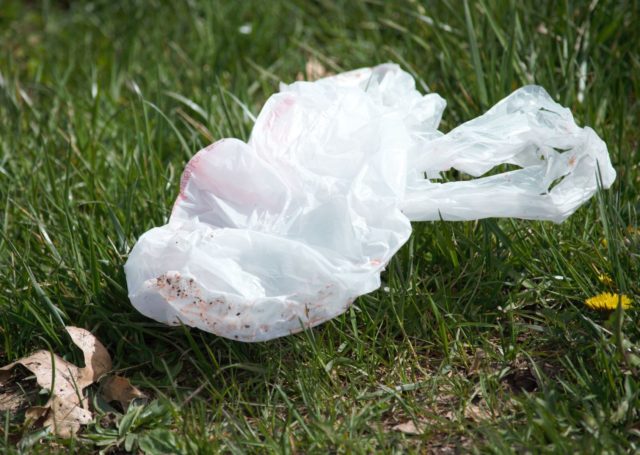
We could talk for days about the recent offenses against the environment, including how the administration-of-shame has prioritized, in addition to playing golf and picking fights on social media, eliminating federal environmental regulations. To date, the administration-of-shame has completed 58 of those rollbacks, though ten policies were later reinstated; 37 rollbacks are in process. In 2017, the administration-of-shame threatened the EPA with major funding cuts; scientists in the New England Journal of Medicine responded to this: “Evidence-based decision making on the environment should not be abandoned. […] Scientific evidence does not change when the administration changes.” By January 2019, the EPA had its lowest number of employees since the Reagan administration.
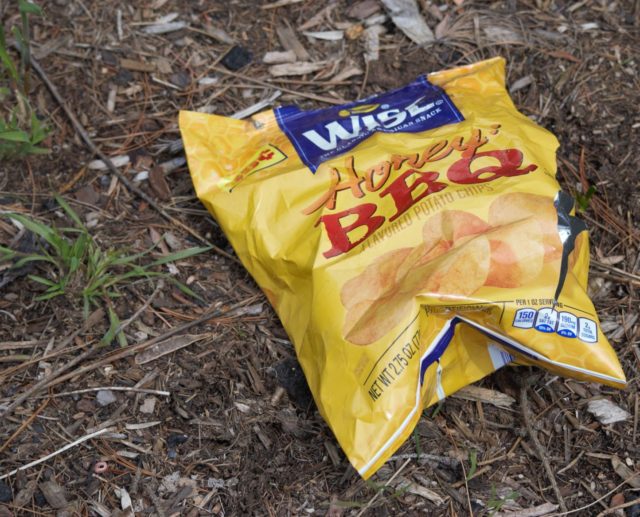
The 2010 BP Deepwater Horizon explosion killed eleven crew members and was subsequently responsible for the largest accidental marine oil spill in history. Under Obama, a series of regulatory reforms followed. By May 2019, the administration-of-shame’s EPA decided to erode workplace safety, undoing some of the Bureau of Safety and Environmental Enforcement‘s regulations. As marine scientist Don Boesch put it: “we’re still better off probably than we were before the blowout […] But I’m not convinced we’re safer than we were two years ago.”
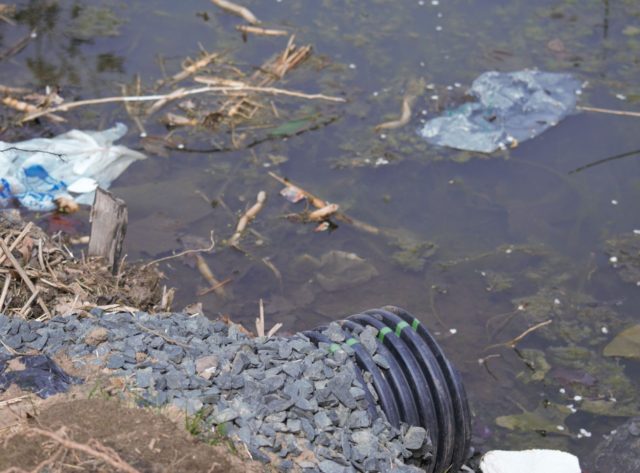
But all that attention on right now would overlook the fact that every time politicians over the decades made a move in the right direction, soon after, there were those waiting to undo the efforts — and that should give us as much pause as anything we are witnessing in real time.
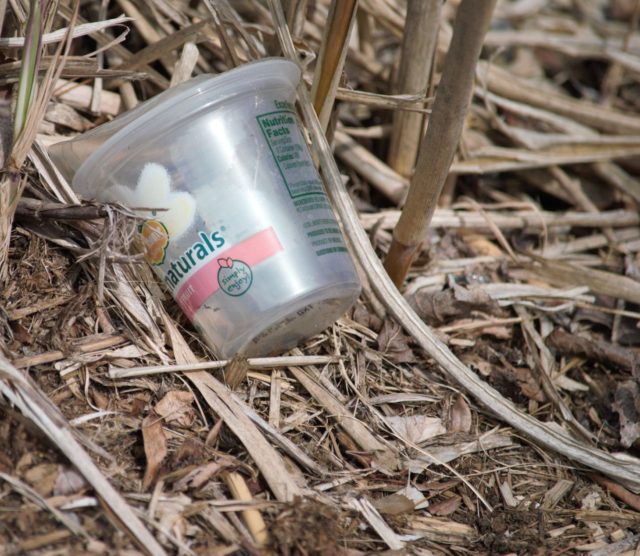
Back in 1981, Ronald Reagan appointed Anne Gorsuch to head the EPA. She had previously opposed the Clean Air Act, but once in this new position, she cut EPA staffing by 21% over two years. Before the end of Reagan’s first year in office, the EPA budget was slashed by 44% of what it was three years prior; enforcement suffered.
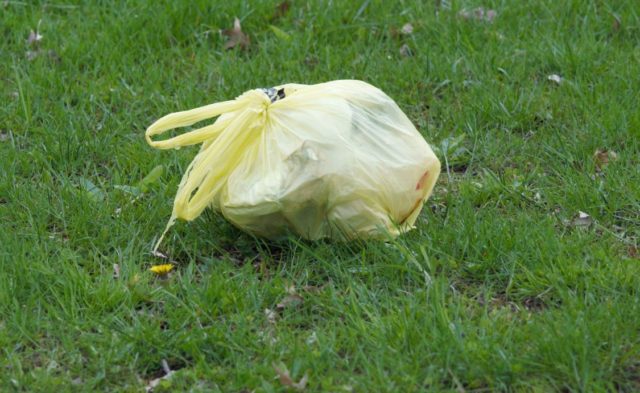
As explained in the American Journal of Public Health, “The Reagan administration also launched interventions into science-based decision-making. It placed industry-aligned scientists on the EPA’s recently created Science Advisory Board. New administrators abruptly abandoned standard scientific and risk analysis methods. For example, despite evidence to the contrary emphasized by their own scientists, the assistant administrator for toxics at EPA, John Todhunter, resisted classifying formaldehyde as a human carcinogen.” Oy!

In another petty move, the Reagan administration in August 1986 removed solar panels — installed in June 1979, during Carter’s term — from the White House while the roof was being repaired, and decided to leave them off, despite a mechanical engineer’s attempt to intervene because the technology was in good working order. For context, in 1985 scientists already knew and confirmed that there was a hole in the ozone layer. Rational people would respond accordingly, not double down on reckless behavior.
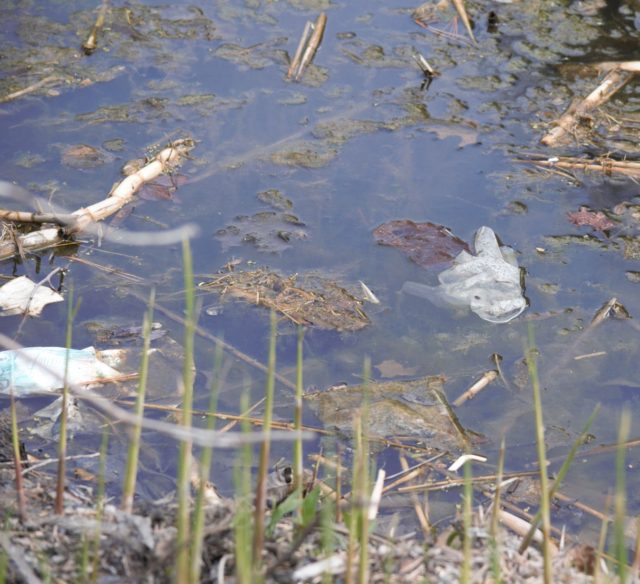
That’s not to say Reagan was all eco-hate all the time, but that his administration had enough knowledge to work from, and largely chose not to act on it. In 1987, the U.S. signed the Montreal Protocol, which phased out ozone-depleting chemicals. Sure, there was the Ocean Dumping Ban Act, yet what enforcement could be expected from an agency that had been hobbled over the previous six or seven years?
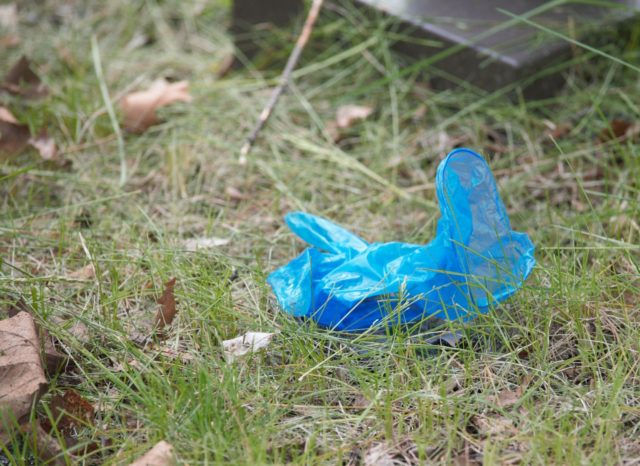
Months into the George H.W. Bush administration, we saw the Exxon Valdez pollute over 1,300 square miles of the ocean. Accidents happen, and they are guaranteed when industry regulations are lax and/or not enforced. Congress passed the Oil Pollution Act the following year.
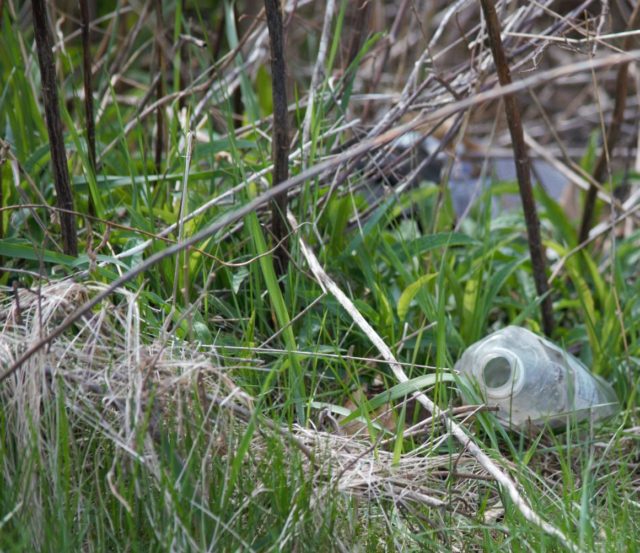
Clinton, though not seeming like much of an environmentalist at the time, has been honored for what his administration managed to do despite a budding viciousness in Congress.
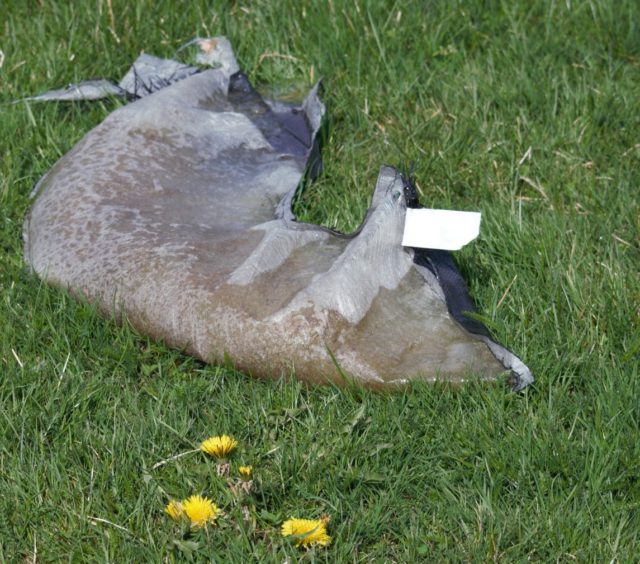
In 1994, he issued an executive order on Environmental Justice. In Clinton’s words: “That order is designed to focus Federal attention on the environmental and human health conditions in minority communities and low-income communities with the goal of achieving environmental justice. That order is also intended to promote nondiscrimination in Federal programs substantially affecting human health and the environment, and to provide minority communities and low-income communities access to public information on, and an opportunity for public participation in, matters relating to human health or the environment.”

How impactful that order has been, however, remains a question. Environmental racism has been a contributor to what we are seeing now when it comes to disproportionate Covid-19 contraction, hospitalization, and fatality rates. Here in Connecticut, the trash from 70 towns continues to be shipped to and burned in Hartford. Between this, the highways, and poor housing conditions, is it any surprise that Hartford residents would develop respiratory problems that add to risk when it comes to Covid-19?
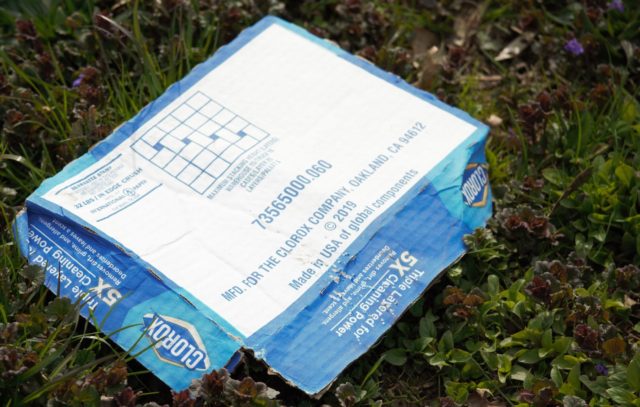
Thinking back, what we experienced with the Bush family was not like father, like son. Under George W. Bush, we had overt denial of anthropogenic climate change, and it was known at the time, not just in hindsight, that he was endlessly catering to oil companies. We were also stuck with junior for two terms, at a time when we needed stronger leadership on reducing carbon emissions.
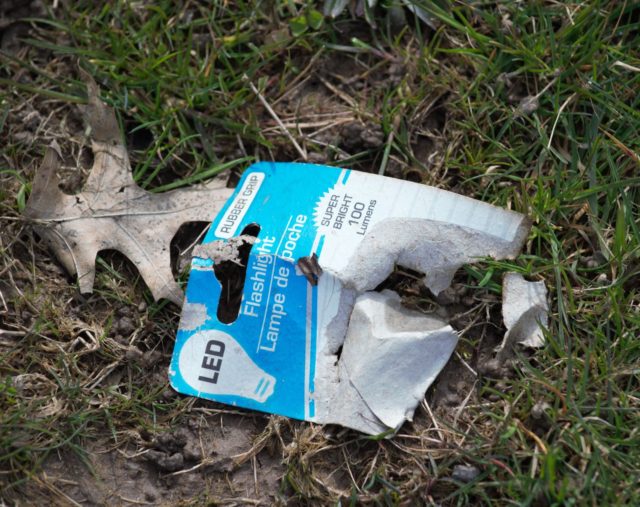
Finding it repugnant how our current administration-of-shame is exploiting a crisis and making moves that actually harm Americans? Perhaps they felt inspired by GWB. In October 2001, the New York Times wrote: “While the nation’s attention is focused on the war against terrorism, the Bush administration is moving, both overtly and covertly, to dismantle major elements of Bill Clinton’s environmental legacy. It is difficult at a moment of crisis to devote much thought to things like mining rules or snowmobile bans. But if the president’s top officials have time to undermine environmental regulations, the public needs to pay attention as well.”
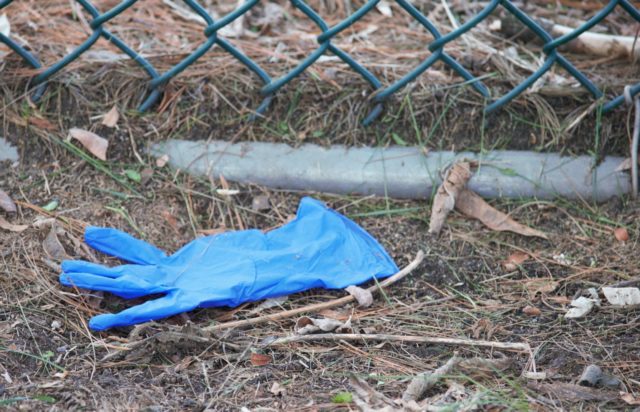
If there’s a lesson or two to take from the last fifty years, it’s this: we have to be vigilant at every turn and we can’t assume that our leaders will act as if American lives matter. Even when we have someone like Clinton or Obama — people who convincingly give a damn about other people — vigilance is what ensures we get more than a flashy announcement with no substance or a series of small, incremental improvements at a time when we need much bolder action.
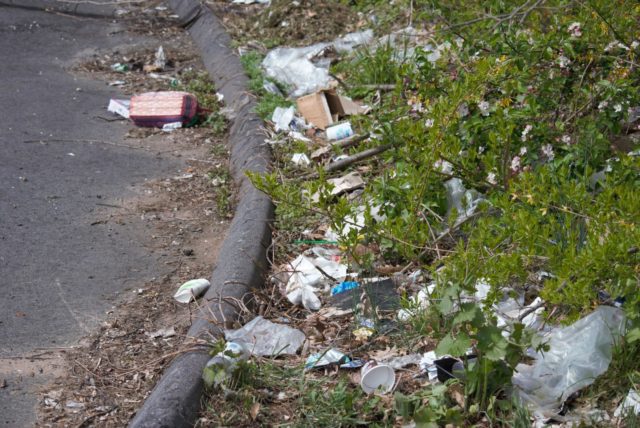
The photos in this post were taken from April 17 – 20, 2020 at the following locations (not in order): Elizabeth Park, Pope Park, in the West End along the Park River, Burns School, 1200 Park Street, 25 Laurel Street, 30 Laurel Street, 98 Laurel Street, and 2 Park Place.
